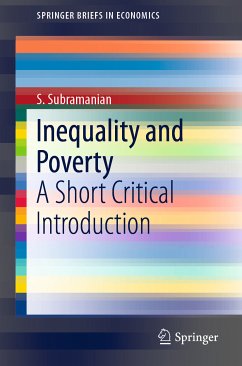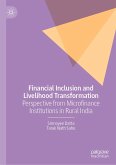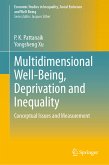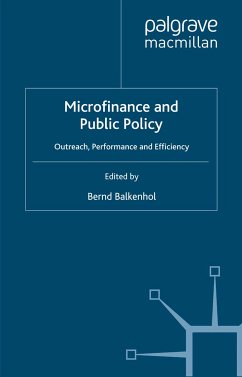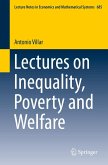This book provides an entry into the subjects of disparity and deprivation, by attending to issues that have a bearing on certain salient philosophical and conceptual aspects of these subjects. The student doing a graduate course in the measurement of inequality and poverty is all too often plunged directly into the complexities of Schur-convex functions, dominance conditions, partial orders and the axiomatics of characterization theorems. Inequality and poverty as phenomena with profound social and moral implications for the world we live in tend to get submerged in a treatment of the subject that is more suggestive of applied mathematics than of the material conditions of life. This is in no way to deny that measurement must deal uncompromisingly with measurement, and therefore with the protocols of formal logic and technical rigour. Having said this, it seems fair to suggest that one's appreciation of the formalities - as well as of the limitations and ambiguities - of measurement is only aided by a relatively gentle introduction to the subject. This would call for a prior, or accompanying, engagement with the underlying concepts, the philosophical bases, the political salience, the normative values, and the critical facts of the subjects under investigation. It is this necessary background that is emphasized in this book, which is a collection of articles published earlier in the popular press, and intended for consumption by any curious general reader or student with a taste for critical enquiry. The contents of the book will be useful as much for the aspiring scholar as for the interested lay reader looking for a gateway into the subject.
Dieser Download kann aus rechtlichen Gründen nur mit Rechnungsadresse in A, B, BG, CY, CZ, D, DK, EW, E, FIN, F, GR, HR, H, IRL, I, LT, L, LR, M, NL, PL, P, R, S, SLO, SK ausgeliefert werden.

